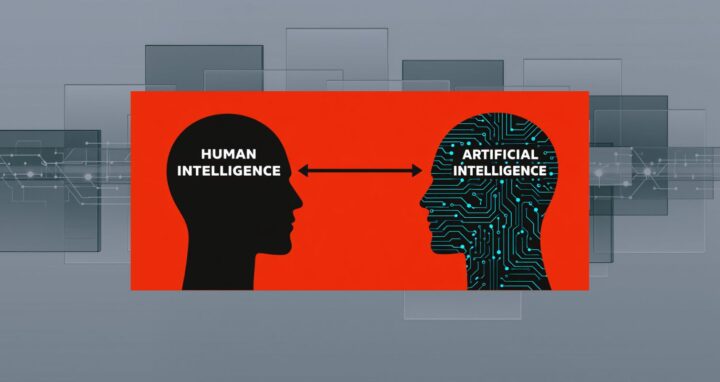This insights post is a summary of the blog post published by Prohibition. View the full insight at: AI is transforming video content: how to use it effectively.
Over the past decade, there has been a seismic shift in how video is created, consumed, and valued. Once considered too artificial, AI-driven video production is now breaking barriers—particularly with the launch of Google Flow, which has moved machine-generated content closer than ever to human-produced video.
For brands with limited budgets, this is a game-changer. But with opportunity comes responsibility. Here are the key takeaways every business needs to understand.
The Rise of AI Video Tools
Google Flow has changed the conversation. Moving from early scepticism about quality and ethics, AI driven video products are starting to make headway with cautious adoption. For smaller brands and startups, AI video offers creative possibilities previously out of reach due to budget constraints. The challenge lies in managing expectations and transparency—AI is powerful, but not a magic replacement.
The Gold Standard: Human-Created Video
Despite advancements, human-produced video remains the benchmark for creativity, emotion, and authenticity. AI video should be seen as a supplement, not a substitute—ideal for simple, cost-effective visuals rather than complex, people-driven storytelling. For flagship campaigns and brand-defining projects, traditional video remains the clear winner.
How to Use AI Video Tools Effectively
With Video continuing to dominate on platforms like Instagram, TikTok, LinkedIn, and YouTube, AI can lower the barrier to entry. It can be overwhelming to get starting, but here are a few ways to make video marketing more accessible for brands across industries.
- Keep it simple: AI excels at producing short clips of landscapes, product cutaways, or generic activities—not Hollywood-level productions.
- Prompt with precision: Detailed instructions and creative direction are essential to align AI output with your brand voice.
- Leverage for consistency: Integrate AI-generated snippets into your broader content strategy to extend reach and cut production time.
Using AI Video Ethically
According to the USC Annenberg 2025 Global Communication Report, 40% of survey respondents think that AI will create misinformation. That number jumps to 56% for Baby Boomers in the survey. With the knowledge that most people have an existing mistrust of AI, there are several things video producers should do to make sure they are ethically using tools.
- Transparency builds trust: Clearly label AI-generated video in captions or on-screen disclaimers.
- Normalize the practice: As adoption grows, stigma around AI video will fade, but honesty with stakeholders must remain a priority.
- Protect your brand: Ethical clarity avoids backlash and reinforces your reputation as an authentic, trusted voice.
Why This Matters for Brands
Video is still the most engaging format in digital marketing—and now, AI is making it more affordable and accessible. Businesses that embrace AI early will gain a competitive edge in content output, while those that ignore it risk falling behind in speed, creativity, and engagement.
To get more details on AI Video Development, read the full article at: AI is transforming video content: how to use it effectively.





